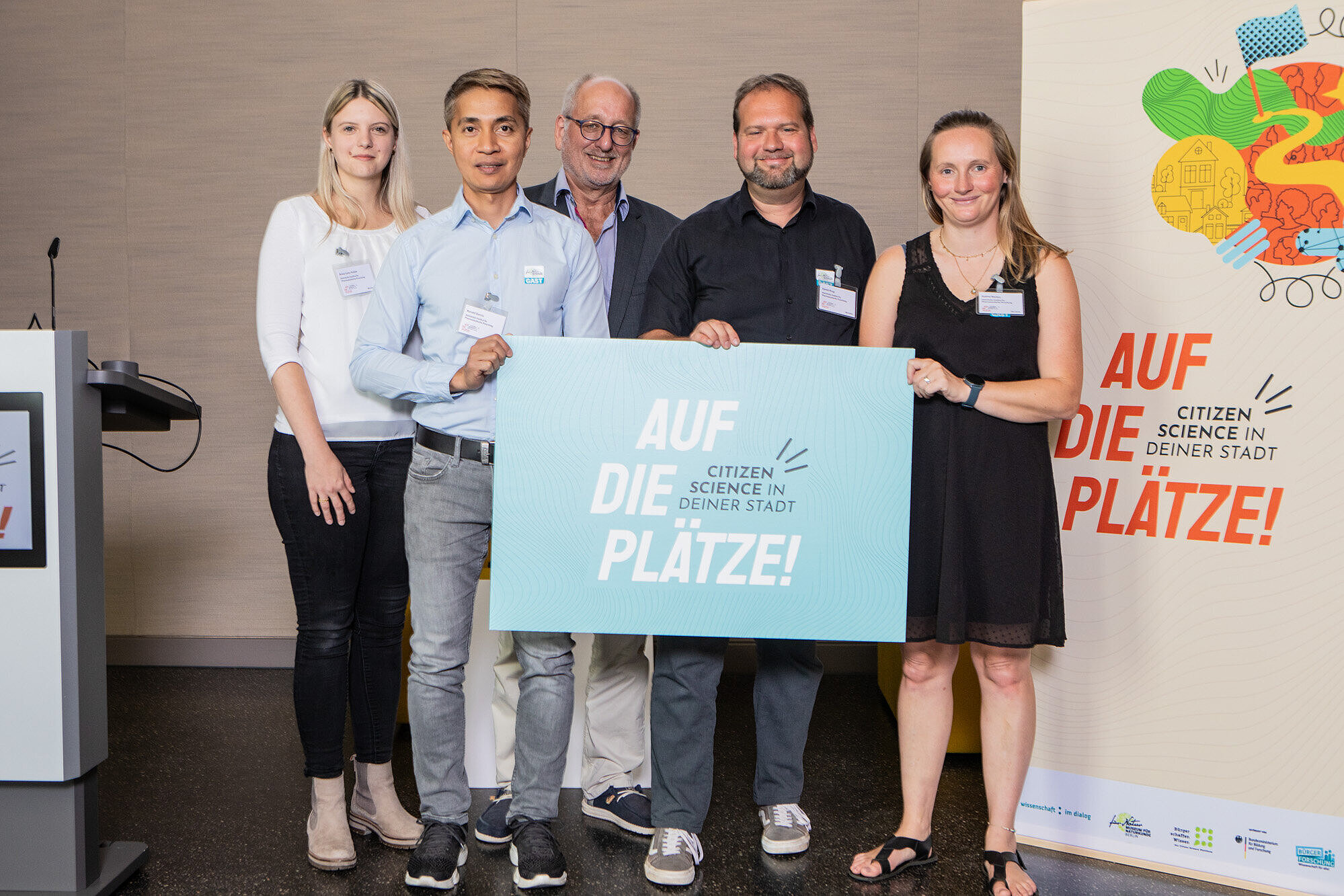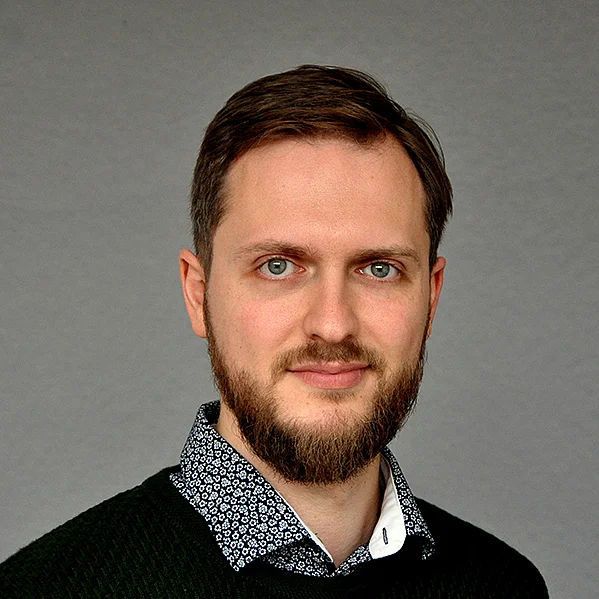As part of the citizen science project MICROBELIX, citizens are encouraged to collect soil samples in near-natural areas and send them to researchers at HIPS. There, the microbial composition of the samples is closely examined. The data obtained will subsequently be put to double use: While HIPS is searching for bacteria that produce active ingredients for research into novel antibiotics, the NLS is primarily interested in information on biodiversity in and on the soil. HIPS is a site of the Helmholtz Centre for Infection Research in collaboration with Saarland University.
Already in May 2023, MICROBELIX was one of ten projects to qualify for the second phase in the competition Auf die Plätze! Citizen Science in deiner Stadt. The ten finalists then competed against each other in a public vote, with MICROBELIX taking first place with over 2,000 public votes. After a further evaluation of the project concept by a jury of experts, this was enough to be among the three projects that would win 50.000 € each. The funding will be available to the researchers from HIPS and NLS to put their concept into practice for one year, starting from October 2023. The team is not short of ideas: "We have financed our previous Citizen Science activities from HIPS funds since 2017," says Dr. Daniel Krug, a scientist from the Department of Microbial Natural Products at HIPS. "The funding we have now obtained gives us the opportunity to take the project to the next level. Among other things, we plan to develop and establish a smartphone app with which participants can register their samples and network with each other. At the same time, this will make it much easier for us to provide feedback to citizens on what we've been able to discover in their samples."
During the project period, guided tours through areas managed by NLS are also planned. During these hikes, interested people can collect their own soil samples and receive information on the topics of biodiversity, antibiotics research and species conservation from employees of NLS and HIPS. "We want to reach people who are interested in either antibiotics research or nature conservation and then get them interested in the other topic through our project," says Maike Lauer, research associate at NLS. "To this end, we try to involve the citizens as actively as possible in the project. So the participants not only receive relevant first-hand information, but can also get creatively involved in our project - for example, by designing and building "bacteria traps" on their own." NLS curator Roland Krämer emphasizes: "Above all, the topic of biodiversity and the associated decline in species diversity is close to the heart of the NLS as Germany's oldest nature conservation foundation. We are very excited to see what we can learn from our Saarland soil and the traces of living creatures it contains."
The scientific director of HIPS, Prof. Rolf Müller, confirms that the project is by no means just a gimmick: "For our research, it makes no difference whether a soil sample was collected by experts or laymen, we have already tested that. This means that in every soil sample we have the chance to discover a new substance that could be developed into a novel antibiotic and thus potentially save the lives of many people." Interested people can visit www.microbelix.de to request their own free sample collection kit and participate in the project. More information on guided tours and other activities related to the project will also be announced on the project website.


